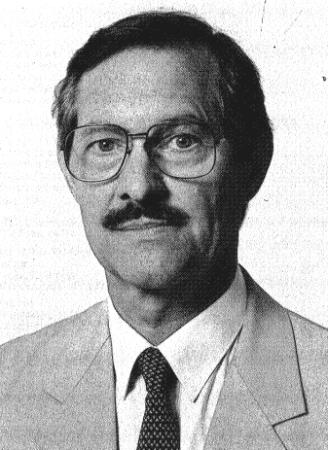For students who study international humanitarian law his book “Constraints on the waging of war : an introduction to international humanitarian law”, 4th ed. 2011, is obligatory reading. Professor Kalshoven who has been a familiar face in the Peace Palace Library since 1964, when he started his research for his thesis “Belligerent Reprisals”, kindly agreed to meet us over coffee to have a chat about his career and his lifelong commitment to the legal field of international humanitarian law.
Professor Kalshoven started his career in international law by teaching law of the sea, and more specifically the laws of war at sea to the naval cadets at the Royal Naval Academy in Den Helder. The subject of warfare at sea within the general laws of war sparked his interest early on which led him to write a Phd on Belligerent Reprisals at the instigation of M.W. Mouton. During the Second World War, Dr. Mouton served as a senior advisor on international law issues to Dutch Prime Minister P.S. Gerbrandy. After the war ended Dr. Mouton became the Dutch representative at the United Nations War Crimes Commission .
“Dr. Mouton explained to me that if you’d like to research the issue of belligerent reprisals, it will take you through most of the aspects of the laws of war”, Professor Kalshoven said. This turned out to be true; it took me 7 years to complete my Phd. “The difficulty lies in finding evidence”, Professor Kalshoven continues”. “It was great to write about the concept, but it was a theory that had to be supported by facts and these facts were very difficult to find. My research was focused on the Second World War and the bombardments that were carried out by all parties involved. I had to find out whether legal thought preceded the execution of these attacks. The Peace Palace Library was extremely instrumental as I was able to find many English newspapers and all sorts of necessary materials, said Professor Kalshoven. In the end my thesis (1971) turned out to be a valuable document with a reprint in 2005”.
During his research for his thesis he became interested in the Red Cross and the role the International Committee had played in the development of the laws of war. “It was the time of freedom fighters, guerilla warfare and wars of liberation, particularly in Africa”, said Professor Kalshoven. The Red Cross was finding ways to properly deal with these new events and the legal aspects of these phenomena. He decided to contact the Dutch Red Cross for permission to attend meetings in Geneva in order to consult their documents on these issues. He was allowed access and gradually became an expert in international humanitarian law and eventually the Red Cross Advisor to the board of the Netherlands Red Cross and their representative to meetings of the Red Cross/ Red Crescent movement.
Professor Kalshoven stressed that one of the great difficulties of international humanitarian law was and still is to differentiate between freedom fighters and rebels as well as the difference between military strategy and civilian options. “For instance, the current situation in Syria is far from clear”, Professor Kalshoven said. “Is this an armed conflict or not? The opponents are too divided to be recognized as a party. There are violations of human rights calling for the application for the laws of war. Certain rules of the laws of war are definitely applicable ”. “When the Red Cross was founded such matters were a main area of interest and the IRC played an important role in the humanitarianization of war”, Professor Kalshoven said.
In 2002, Professor Kalshoven received the Henri Dunant Medal, the highest distinction of the international Red Cross and Red Crescent Movement for his significant contributions to the development of international humanitarian law. He emphasized that this was a special moment in his career.
“I saw a change throughout my time there, from 1971-1993”, Professor Kalshoven noted”. “In the first place they have become a much bigger organization, they work with more efficiency than they did before. They have a legal team of experts who adhere to doctrines, consider themselves infallible and don’t like to be contradicted. Fortunately, this applies not to everyone off course”.
Another highlight of his career was his involvement in the establishment of the International Criminal Tribunal of the former Yugoslavia (ICTY). In October 1992, the UN Security Council decided to establish a special commission of experts to examine and analyse information regarding the grave breaches of the Geneva Conventions and other violations of international humanitarian law committed in the territory of the former Yugoslavia. On 26 October 1992, UN Secretary-General Boutros Boutros-Ghali appointed a five-member commission, chaired by Professor Kalshoven and, following the latter’s resignation, by Professor Cherif Bassiouni. One of the crimes that the commission was confronted with were cases of mass rape of women during the war. He explained that this was the very first time that this was considered a crime against humanity.
A few years ago, professor Kalshoven retired. However he is still involved in contributing publications in the field of international humanitarian law. Occasionally, he serves as a thesis adviser to students who conduct research on international humanitarian law issues.
